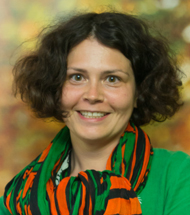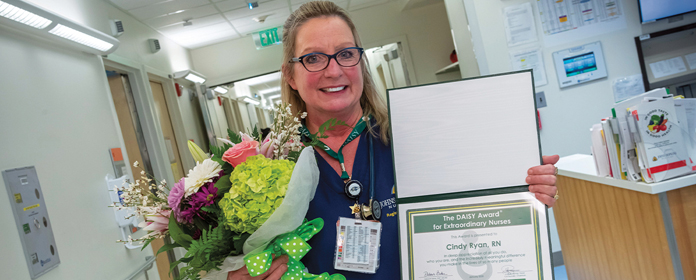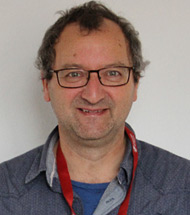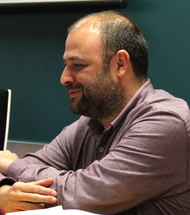"Studying oral traditions can help us understand human cognition, report and creativity".
Sarali Gintsburg, Marie Curie researcher at the University of Navarra, sees academic community as an ally to prevent the disappearance of languages in the world.

PHOTO: Manuel Castells
"Studying oral traditions can help us understand aspects of human beings such as cognition, report and creativity". This was stated by Sarali Gintsburg, Marie Curie Research Fellow at the University of Navarra's Institute for Culture and Society (ICS) of the University of Navarra, on the framework of an international congress .
According to the expert, citing data from Ethnologue, it is estimated that around 7,000 languages are spoken in the world, of which approximately 3,000 have a written system. "The great epicenters of the oral world are in western Africa, the Indian subcontinent and, strangely enough, the USA and Canada," she said.
Gintsburg warns that the future of minority languages, especially those without a written system, "is not promising", and regrets that "they are destined to disappear soon". With each one that dies, he said, "a unique communication system, a unique logic, is lost. This undermines diversity, which is a skill of thinking differently. And this is one of the most important resources of the human being.
In this line, he appealed to the involvement of the research community to "continue documenting them in any possible way: recording them on audio or video, compiling dictionaries and grammars, developing more research on oral traditions...".
Speakers from seven countriesSarali Gintsburg also wanted to recall the importance of the appearance of the written language for humanity. "With it, the human skill of thinking changes radically because creating a writing system means that we are able to reach the highest level of abstraction. Likewise, when we begin to regularly use a means of preserving information, there is an impact on our report".
The ICS researcher has reflected on these issues in the framework of an internationalcongress on transitional texts, the passage between orality and writing. Specialists from academic centers in Germany, the Netherlands, Russia, the USA, the UK, Spain and South Africa participated in the activity.
The activity is part of its project ORFORCREA 'Between formulas: creativity in oral and transitional poetic texts', which is funded by the European Union's Horizon 2020 program research and Innovation, with a scholarship Marie Sklodowska-Curie.




